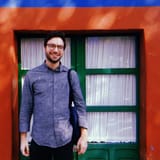Council District 39 Council Candidates On Schools
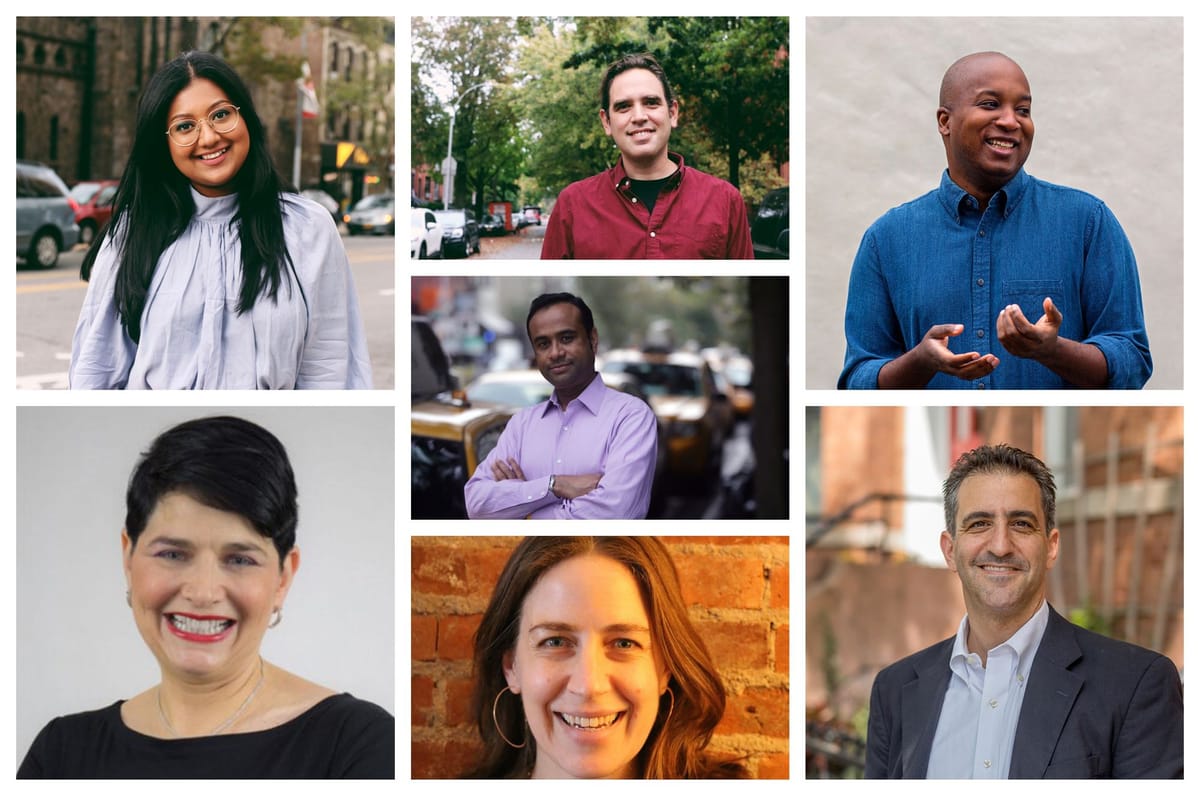
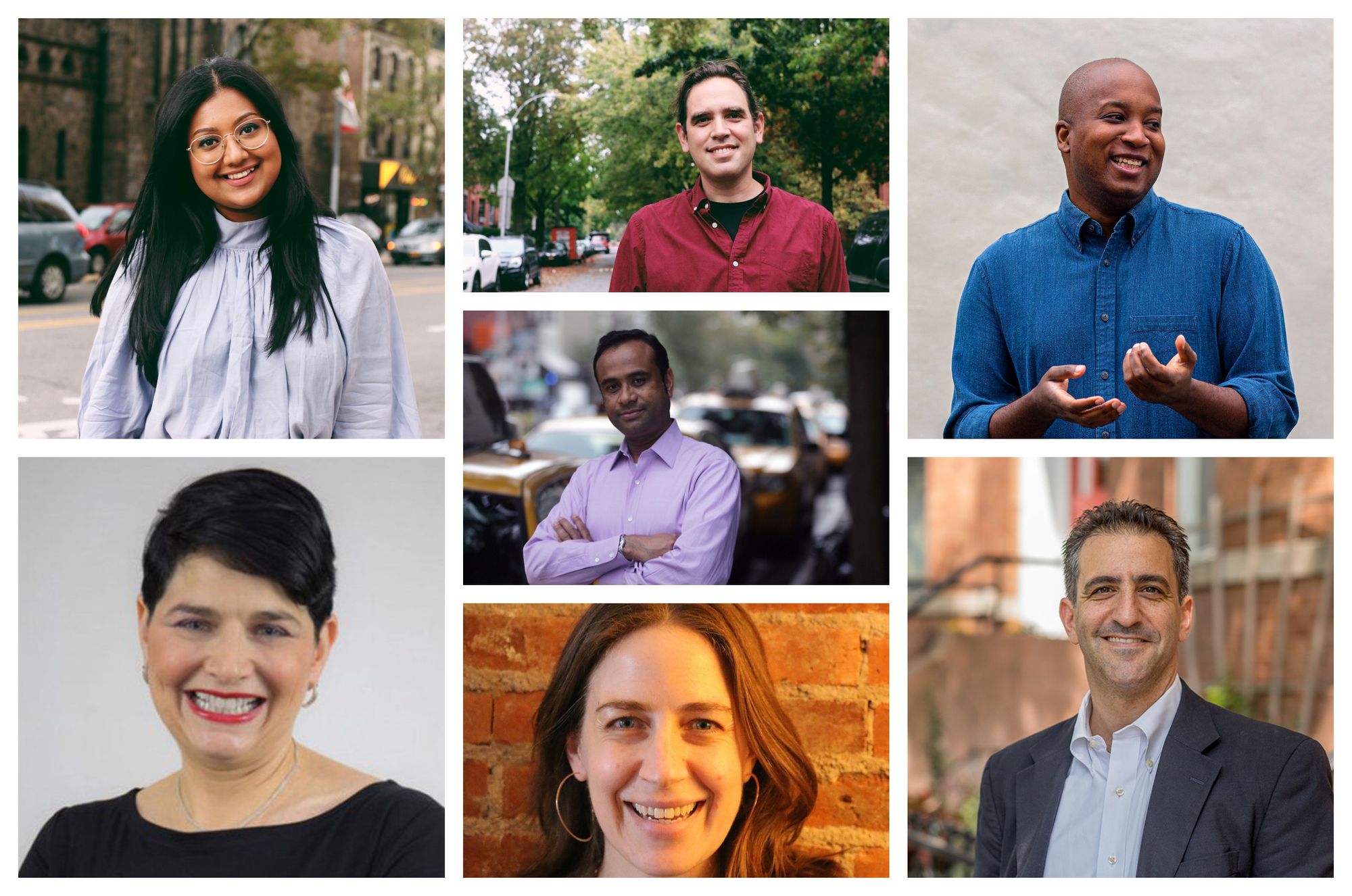
The COVID-19 pandemic has been particularly challenging for parents with school-aged children, who have navigated the perils of remote learning, shifting case-count regulations and changes to admissions processes.
So it’s perhaps no surprise that candidates seeking to replace term-limited Council Member Brad Lander in Council District 39—which includes a swath of family-friendly neighborhoods stretching from Cobble Hill through Park Slope to Kensington—have focused heavily on education issues, with several articulating their vision through detailed policy platforms.
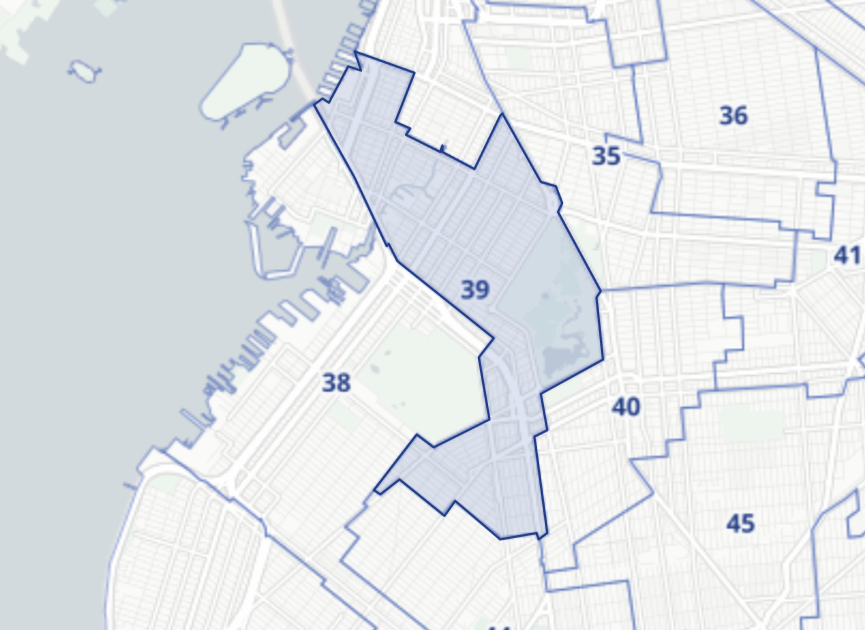
But a recently-released draft proposal to increase diversity at several schools in the area is a reminder that contentious debates about education in the district predate the pandemic. And Mayor Bill de Blasio’s announcement that public schools will return to full in-person learning this fall means the next mayor and City Council cohort, who will take office January 1st, will have to grapple not just with immediate post-pandemic recovery needs, but also with longer-term issues of equity and academic success.
The city’s school system is governed by a complex web of city and state law. While a Council Member can’t single-handedly set the city’s education agenda on their own, they do have power to introduce legislation and vote on a portion of the Department of Education’s budget (which totals $34 billion this fiscal year), giving them an important role in shaping the school system.
With that in mind, here’s what the seven candidates for Council District 39 have to say about education policy.
Doug Schneider
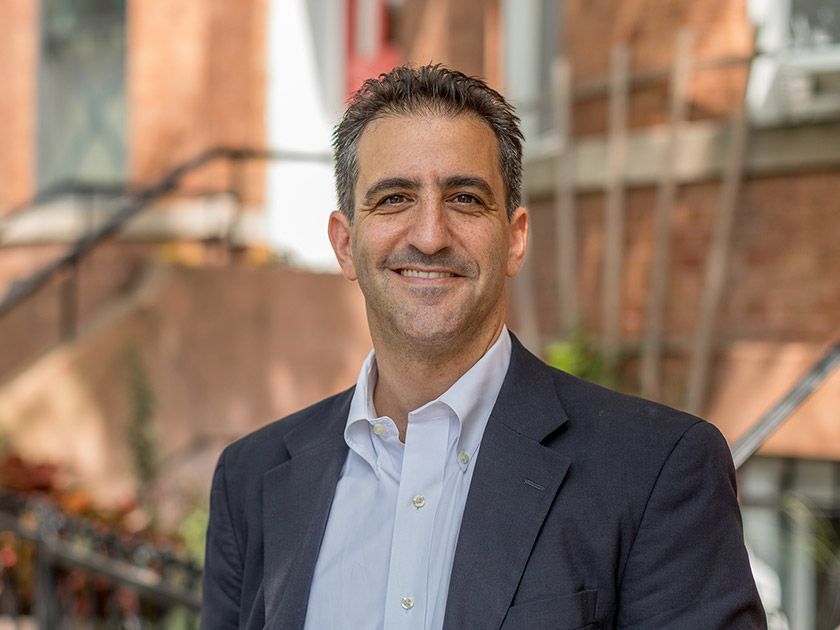
Doug Schneider, an attorney and Democratic Party District Leader, is one of multiple public school parents in the race; his first grader attends PS107 in Park Slope, a fact he often mentions on the campaign trail.
Schneider’s education platform begins with two immediate post-pandemic proposals: an expansion of the New York Teaching Fellows program to respond to an uptick in teacher retirements, and the creation of a “Pandemic Response Emergency Plan” to prepare schools for future pandemics.
He then suggests priorities for spending recently-committed state “Foundation Aid” money, which will add $1.4 billion to the city’s education budget in each of the next three years. He wants to update school building infrastructure; fund programs to address academic deficits caused by the pandemic; and hire school social workers and psychiatrists.
Schneider also wants the city to offer all students before- and after-school programs, while prioritizing “free, discounted, or progressively priced” programs in low income communities. (The city’s current after-school programming network serves about 97,000 students, but there are over 1.1 million students in the city’s school system.)
Like many candidates in the race, Schneider believes “police have no business being in schools,” and says the city should replace them with “child psychiatrists, social workers, and other trauma-informed experts.”
To address school segregation, Schneider suggests building universal broadband across the city; eliminating screened admissions at all middle and high schools except for LaGuardia High School for the Arts; and instituting a rule that students do not have to change schools if they move into temporary housing in a different neighborhood. He also wants to increase middle school diversity by “building off” of the recently-enacted District 15 Diversity Plan, though he does not specify what that might look like.
The final portion of the platform addresses CUNY, the city’s public university system; Schneider wants to increase funding for scholarships, and offer students universal childcare and reduced-fare MetroCards. (While child care centers exist at many CUNY schools, reduced-price or free MetroCards are harder to come by.)
Shahana Hanif
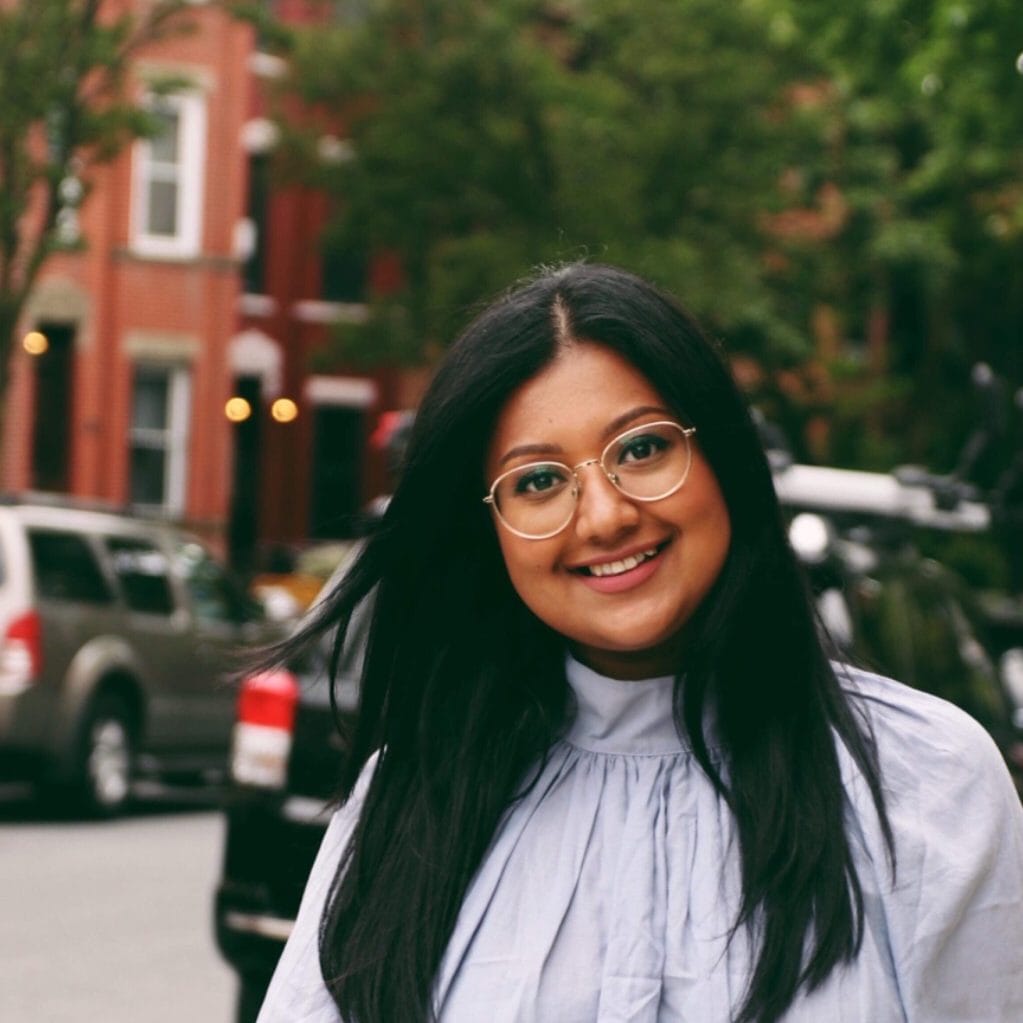
Shahana Hanif, who serves as Lander’s Director of Organizing and Community Engagement, has broken up her education platform into three sections: integrating K-12 schools, creating a “New Deal” for CUNY, and investing in “the care economy for a feminist COVID-19 economy.”
Like Schneider, Hanif wants to abolish screened admissions and create police-free schools by hiring “racially conscious social workers, trained in restorative justice, as guidance counselors and to help de-escalate crises.”
She also wants to expand “culturally responsive pedagogy” in district schools by developing a “support team” to train teachers, facilitate community workshops and solicit student feedback, and she says she’ll hire a dedicated education director to connect district schools with her Council office.
Several elements of Hanif’s plan focus on cultural diversity. She wants to expand halal, kosher, and vegetarian school lunch options in the district, particularly in Kensington; ensure Individualized Education Program (IEP) plans and other key documents are translated into different languages; and help local schools to hire diverse faculty by “employing long-term hiring practices like education career pipelines for students of color.”
Hanif also has her eye on PTAs, which she wants to provide with training and structural support. Some of her ideas focus on equalizing the entities (like creating partnerships between more and less affluent PTAs), while others focus on regulation (like establishing a monitoring body to oversee how PTAs spend their money).
Among other proposals, her “New Deal for CUNY” includes expanding the system’s food voucher program, which currently exists as a pilot that offers some students $400 toward food per semester. She also suggests creating an “on-campus housing community” for homeless students modeled after the Dorm Project, and expanding mental health counseling services as well as student support programs like CUNY ASAP and ACE.
The “care economy” section of Hanif’s platform calls for expanding infant and toddler childcare options, with a focus on high-need areas like Kensington; pushing for better wages for early childhood educators and creating a city or state-funded T.E.A.C.H. initiative to train more early childhood educators.
Brandon West
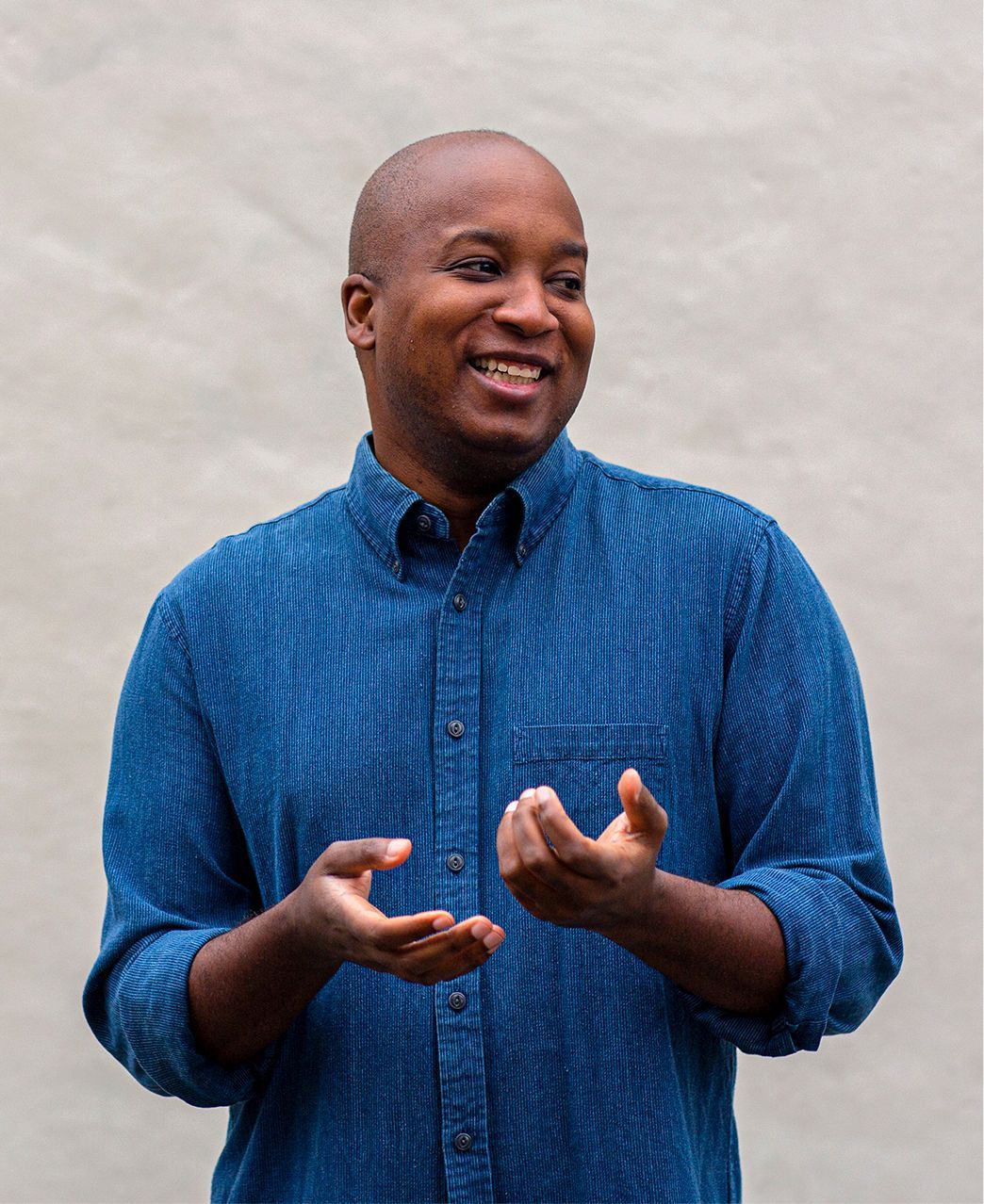
Brandon West, a former president of the New Kings Democrats political club and staffer for the Center for Popular Democracy, wants police out of schools and admissions screens permanently abolished.
In his platform, he also calls on the state to eliminate the controversial Specialized High Schools Admissions Test (SHSAT) that determines entry to the city’s specialized high schools, a call recently echoed by the city’s schools chancellor.
West wants to make permanent the city’s temporary move to eliminate standardized testing as a graduation requirement for high school students, which was instituted because of the pandemic. And he says the city should both redraw school district lines and expand the District 15 lottery-based middle school admissions process citywide.
He calls for a bevy of wide-ranging—if somewhat broad—investments in the education system, including hiring more teachers, increasing their pay and creating pipelines for teachers of color, along with offering free citywide tutoring services and expanding after schools programs.
Also in the platform are calls for “increased support” for LGBTQ, special needs and English-language learning students, mostly by adding more DOE staff. Another of West’s proposals, expanding 3-K citywide, is already set to happen this September. As for CUNY, West says it should be tuition-free.
West says funding for this increased investment can come from recently-passed tax increases on wealthy New Yorkers, the Foundation Aid money, and funds redirected away from the NYPD budget.
“Students are receiving different models of education based on the wealth of their parents, with wealthier parents able to supplement their children’s education in ways less well off parents can not,” West writes. “With a fully funded school system we can combat this inequity to make sure each student has the same opportunity, no matter their financial background.”
Justin Krebs
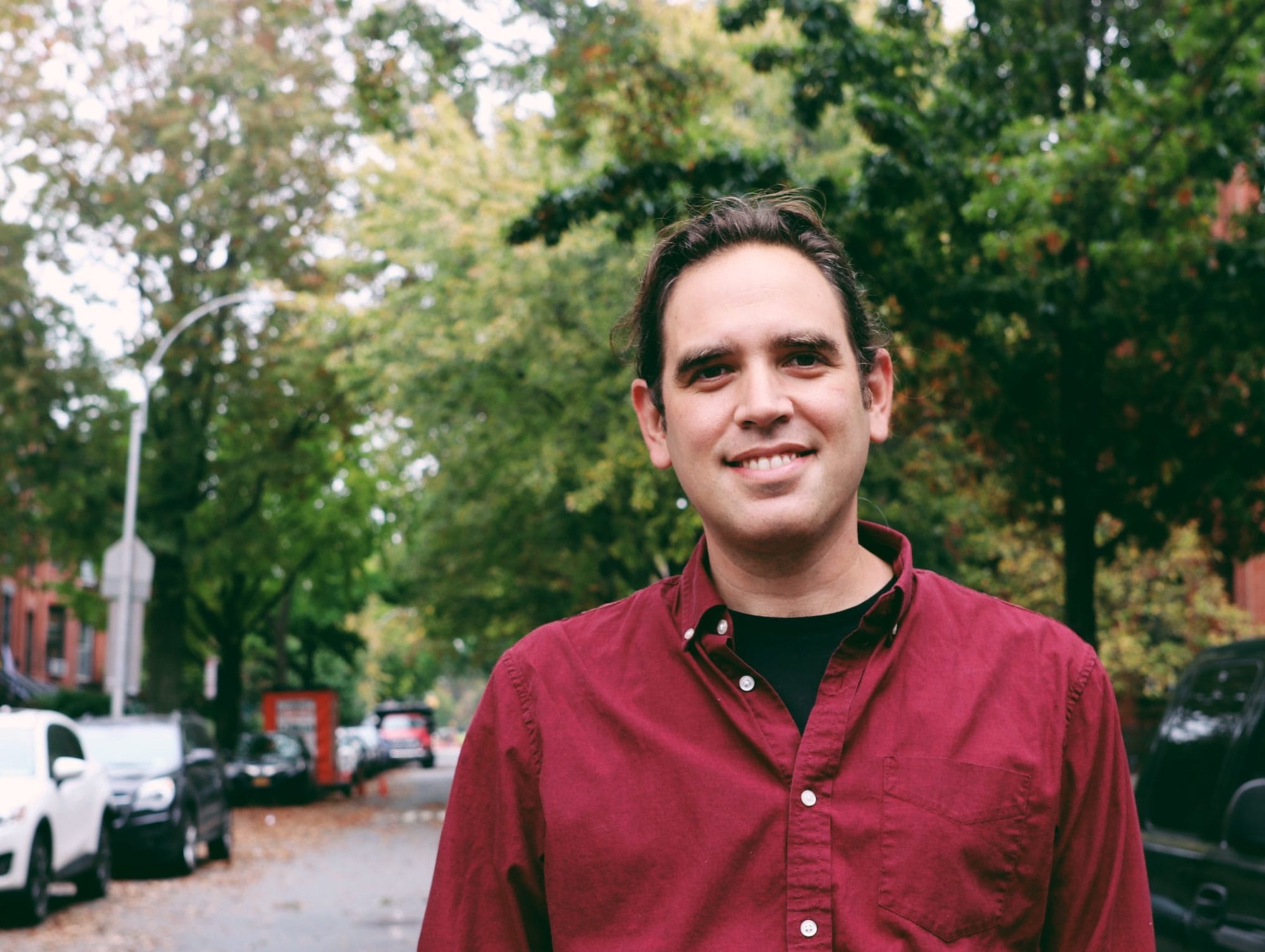
Justin Krebs, a director at the advocacy nonprofit MoveOn, has frequently referred to education as his campaign’s number one priority, and he himself has three daughters that attend PS39 in Park Slope.
While his education platform is shorter and less specific than many of his competitors, it touches on many of the same overarching themes: removing police from schools, shrinking class sizes and deemphasizing standardized tests. He also wants to expand the District 15 diversity program, and “champion” universal summer school and after school programs.
Notably, Krebs is the only candidate whose platform makes passing mention of the battle to regulate secular education in Orthodox Jewish yeshivas, which is notable because District 39 extends into portions of Kensington and Borough Park, where many such yeshivas are located.
On that issue, Krebs says he will “recognize all families have the right to choose an education that they believe works best for them, including special needs institutions, parochial schools, and Yeshivas.”
Briget Rein
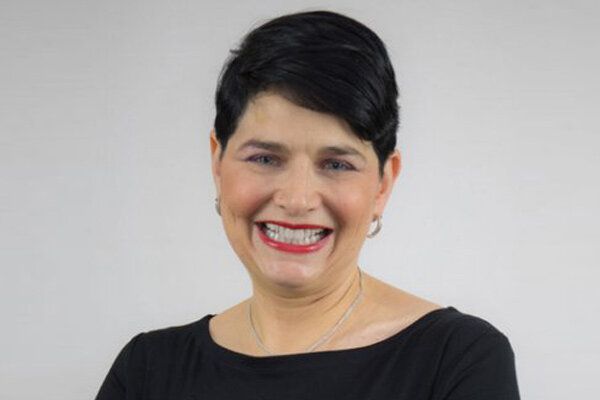
Briget Rein, who works for the United Federation of Teachers as assistant to the staff director, calls “public education is the foundation of every community.”
Unlike the aforementioned candidates, Rein’s platform does not make mention of policing or standardized tests. Instead, at the top of her education platform are calls for the construction of two new high schools to accommodate for new residential development enabled by the planned Gowanus rezoning: one at “the borders of Gowanus and 7th Avenue,” and another near Carroll Gardens and the Columbia Waterfront, in partnership with Presbyterian Hospital.
“The Gowanus rezoning plan is a major concern in the community,” Rein writes. “Not only will this proposed rezoning project include 22-30 story residential buildings along the iconic canal, but it is not environmentally friendly. Still, as we tackle the reshaping of our city, it also presents us with the opportunity to create the change we wish to see.”
She also wants to create a “Dial-a-Teacher & Anti-Bullying Hotline” that would offer free homework help and assistance dealing with bullying. In addition, Rein says she plans to advocate for more schools to take on the “community schools model,” which offers more holistic services to students and families.
Mamnun Haq
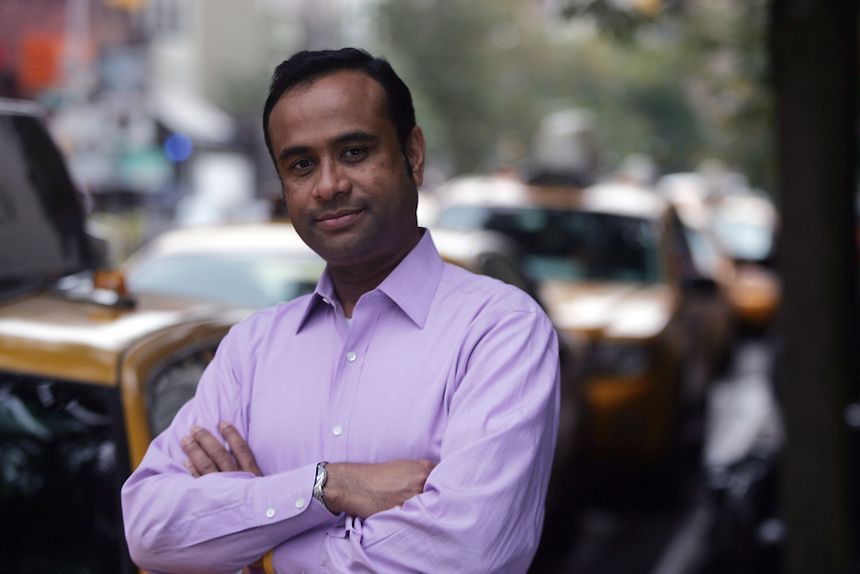
Mamnun Haq, a community health worker and co-founder of the New York Taxi Workers Alliance who is also a school parent, takes a slightly different approach than the other candidates in the race.
Like Rein, Haq’s education platform does not address issues of policing, academic screens or many other hot button issues facing schools. Instead, he focuses on technology, pushing for free wifi, tablets and an “inclusive web interface for parents” that offers information in several languages.
He wants to launch an “education/employment audit in our neighbourhoods” to “provide a detailed report of skills attained through current education facilities and to the extent those skills can be transferred for employment.”
He also wants to grow the number of Career and Technical Education (CTE) programs in the borough; provide funding to “nonprofits invested in inclusive education;” and help PTAs in lower-income neighborhoods partner with nonprofits or volunteer groups to “create a strategic fundraising model.”
Jessica Simmons
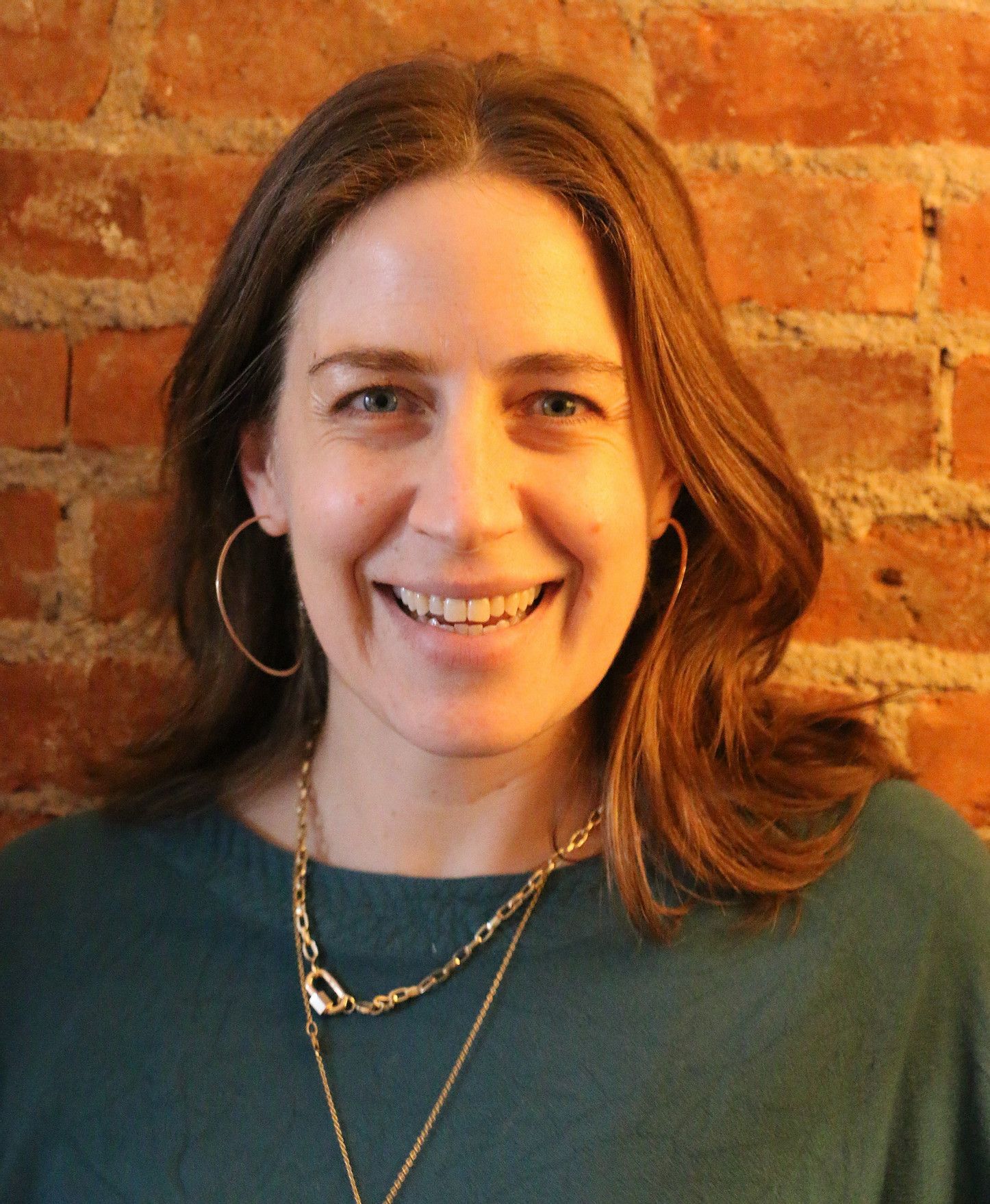
Jessica Simmons, a relative newcomer to the race with little money or institutional backing, has worked as a teacher and a principal, but she has not published a detailed education platform.
Her website says the city needs “to do more” to support students, which “starts with reopening schools for 5 days with a plan to accelerate learning, putting the needs of our neediest students first, and making it easier for students and their families to navigate our educational system.”

